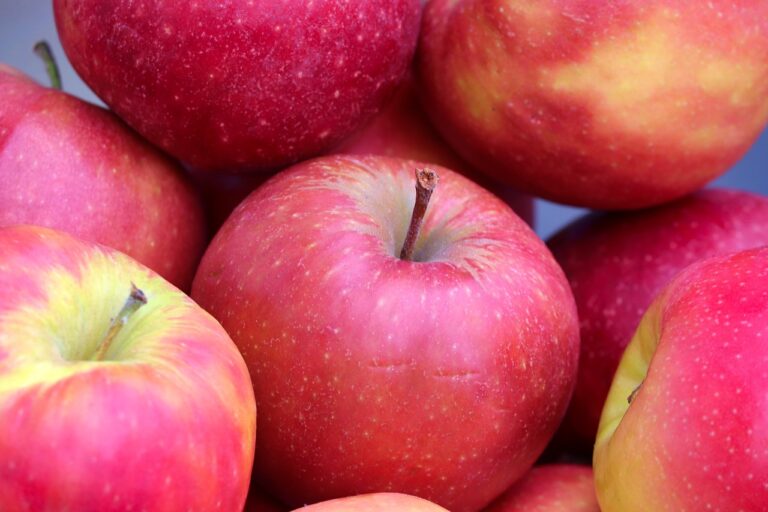The Role of Nutrition in Eye Health
Vitamins and minerals play a crucial role in maintaining the health of our eyes. It is essential to ensure that we are consuming an adequate amount of these nutrients to support optimal vision. Some key vitamins and minerals that are beneficial for eye health include vitamin A, vitamin C, vitamin E, zinc, and lutein.
Vitamin A, for example, is important for the functioning of the retina and helps to improve night vision. Vitamin C is a powerful antioxidant that can help protect the eyes from damage caused by free radicals. Zinc is vital for the health of the retina and may reduce the risk of age-related macular degeneration. Lutein, known as the “eye vitamin,” helps to filter harmful blue light and protect the eyes from conditions such as cataracts and macular degeneration.
How Antioxidants Can Protect Your Eyes
Antioxidants play a crucial role in protecting the eyes from damage caused by harmful molecules known as free radicals. These unstable molecules can lead to oxidative stress, which may harm eye cells and contribute to age-related eye diseases such as macular degeneration and cataracts. By neutralizing free radicals, antioxidants help maintain the health of the eyes and support optimal vision.
Certain antioxidants like vitamin C, vitamin E, and beta-carotene are particularly beneficial for eye health. Vitamin C, for instance, can help regenerate vitamin E, another powerful antioxidant that protects cell membranes in the eyes. Beta-carotene, a precursor to vitamin A, is essential for maintaining healthy vision and may reduce the risk of developing eye conditions such as night blindness. Including a variety of antioxidant-rich foods in your diet, such as colorful fruits and vegetables, can help safeguard your eyes from oxidative damage and support long-term eye health.
What are antioxidants?
Antioxidants are compounds that help protect cells from damage caused by free radicals.
How do antioxidants protect the eyes?
Antioxidants can help prevent oxidative damage to the eyes, reducing the risk of age-related macular degeneration and other eye conditions.
What are some sources of antioxidants?
Foods rich in antioxidants include berries, leafy greens, nuts, and seeds. You can also take supplements like vitamin C, vitamin E, and lutein.
How much antioxidants should I consume for eye health?
It is recommended to have a diet rich in antioxidants from a variety of sources to ensure optimal eye health. Consult with your healthcare provider for personalized recommendations.
Can antioxidants improve existing eye conditions?
While antioxidants can help prevent further damage to the eyes, they may not necessarily reverse existing eye conditions. It is important to seek medical advice for specific treatment options.





